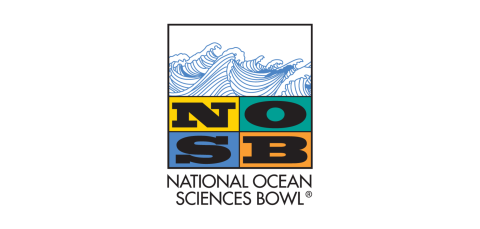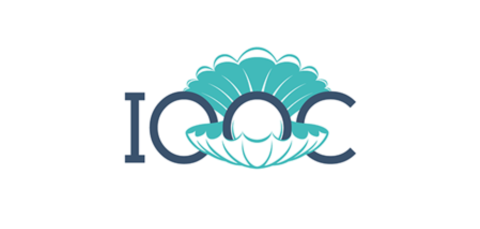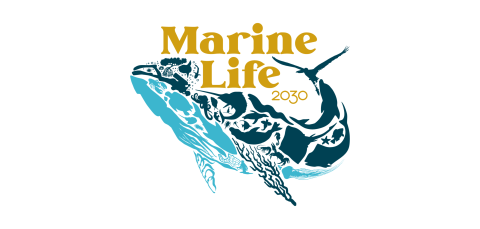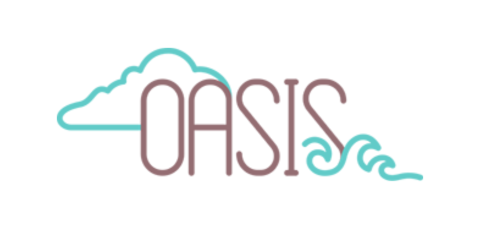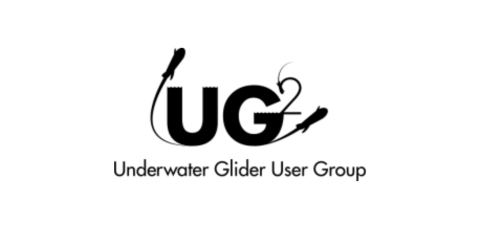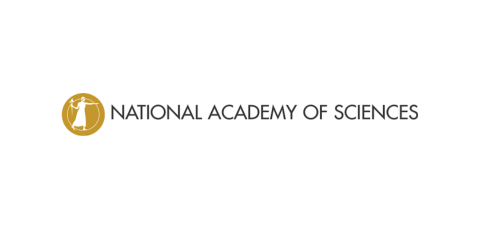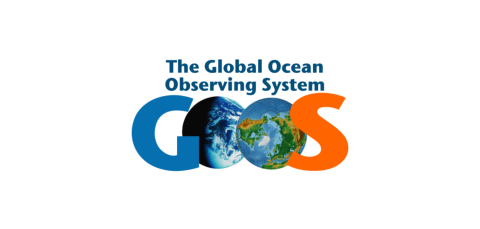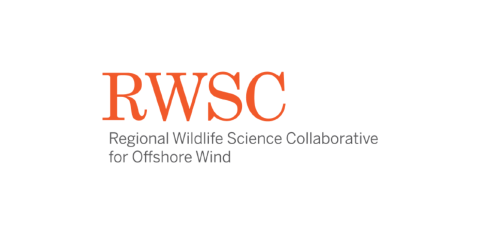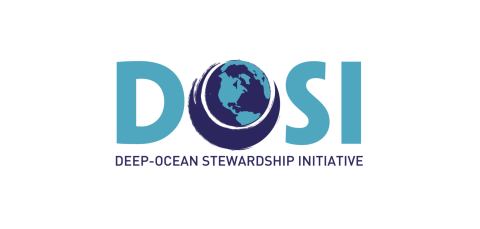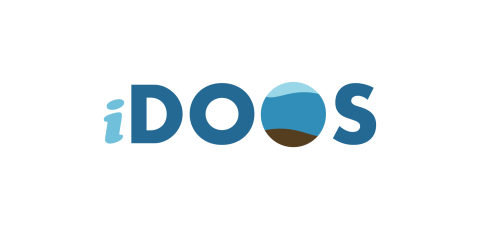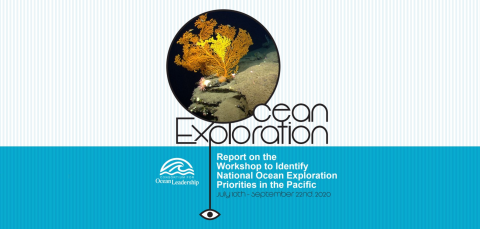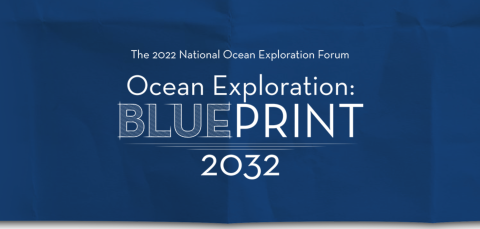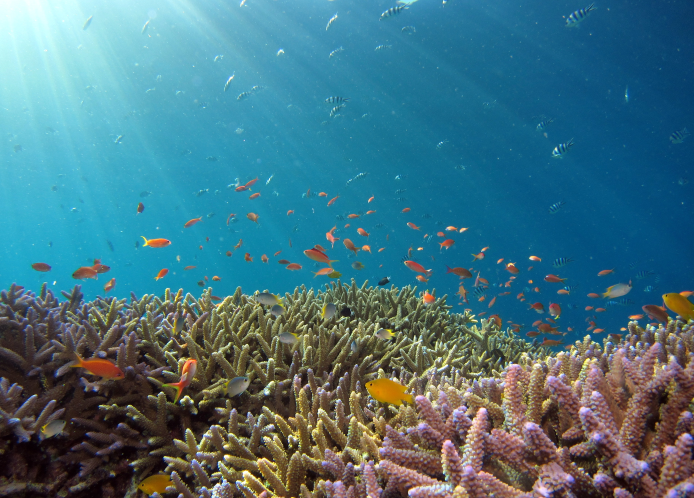
Current Programs
The Center for Ocean Leadership (COL) coordinates and facilitates collaborative ocean science, research, education, and communication efforts between and among government agencies and ocean research and education institutions. COL programs currently focus on ocean education, observing, and stewardship.
Education
One way we foster ocean literacy is through our academic competition for high schoolers, the National Ocean Sciences Bowl. Other programs and events we host help further education for everyone from educational administrators to early career scientists.
Ocean Observing
Strengthening regional, national, and global networks and partnerships to advance ocean observations.
Stewardship
COL’s focus on stewarding the new blue economy helps to ensure state and national goals for renewable energy are achieved while also protecting biodiversity and ocean ecosystems.
